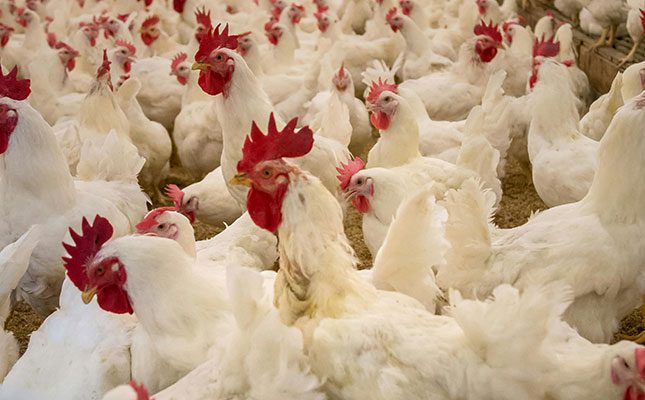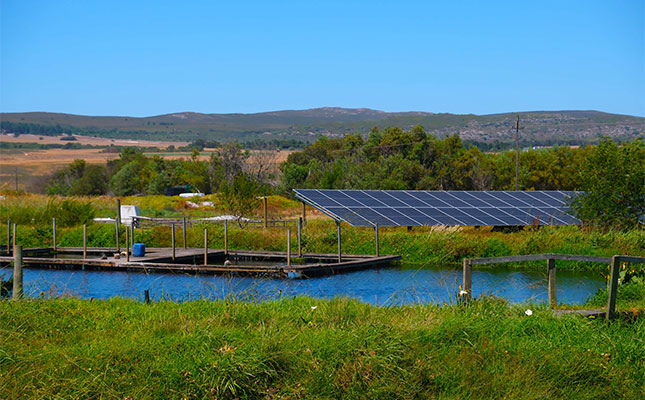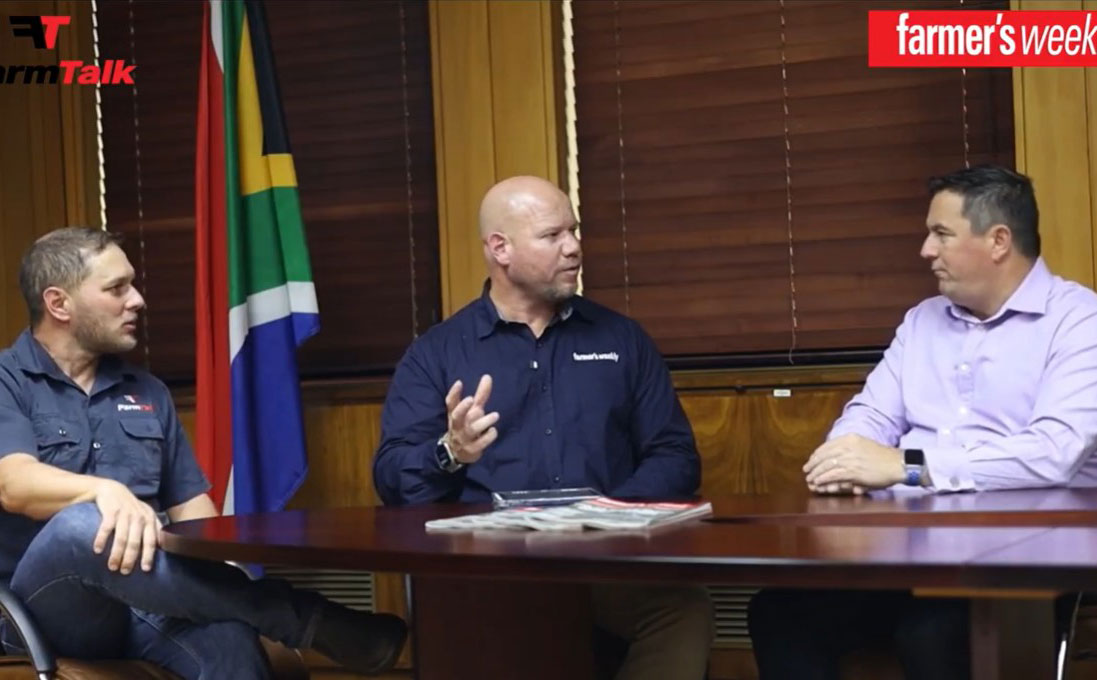
The alarm comes in response to a new temporary arrangement that allows the US to “self-impose and self-lift” bird flu-related export restrictions to South Africa, raising fears of biosecurity risks and weakened oversight.
The South African Poultry Association (SAPA) criticised the Department of Agriculture (the department) for what it describes as an “alarming abdication” of its responsibilities in a move that could jeopardise South Africa’s poultry industry, food security and biosecurity status.
In a statement, Izaak Breitenbach, CEO of SAPA’s Broiler Organisation, said: “The South African poultry industry has asked government to withdraw the ‘concession’ granted to US authorities to determine for themselves which US states can export poultry to South Africa following outbreaks of HPAI.”
Breitenbach added that these decisions had traditionally been taken by the department based on notifications to the World Organisation for Animal Health.
“However, the department has now allowed the US to ‘self-impose and self-lift’ bird flu restrictions. This decision – quietly implemented three months ago with no consultation with the domestic industry – is an alarming abdication of its responsibility to defend South Africa’s poultry industry,” Breitenbach said.
He warned that bird flu is “rampant” in the US, with all poultry-producing states having been affected and 27 states currently banned from exporting to South Africa.
“By granting the US the right to determine its own disease status and export policies, the department has created a serious conflict of interest. The risk is palpable: a country grappling with widespread outbreaks of bird flu can now prioritise its own interests and potentially expose South Africa to the very disease that cost this industry R9,5 billion and wiped out 30% of its long-living chicken flock in 2023.”
Breitenbach warned that this policy shift not only puts the local industry at risk, but also sets a dangerous precedent.
“It sets a dangerous precedent that other large-scale poultry exporters, such as the EU and Brazil, could soon demand the same latitude, leaving the South African poultry industry further exposed to devastating disease outbreaks.”
He urged government to reverse the decision.
“We call on the department to end this ‘concession’ and restore its role as a protector of the local industry, the workforce it supports, and the nation’s food security. The future of South Africa’s poultry sector depends on it,” Breitenbach said.
However, the department responded to the concerns, assuring the public and the industry that it retains full oversight and is not handing over authority to any foreign government.
Dipepeneneng Serage, the department’s deputy director general for Agricultural Production, Biosecurity, and Natural Resources Management, told Farmer’s Weeky:
“SAPA has not engaged the department on this matter, and we could thus not make them understand how import-export biosecurity works within the reciprocity realm. From the statement it sounds as if the US will literally self-suspend and self-lift the suspension without any biosecurity consideration. The department can ensure you that this is not the case.”
Serage emphasised that the department will continue to monitor the situation and reserves the right to suspend imports from the US if credible and sufficient data is not provided.
He also mentioned the importance of reciprocal trade principles. “We need to treat other trading partners in the same manner in which we would want to be treated. Members of SAPA also export poultry products to Southern African Development Community countries, and one would think they would not want to be subjected to tedious measures that are not necessarily aimed at biosecurity.
“The department wants to inform consumers and producers that we will continue to ensure that poultry products imported (from the US or any country) into South Africa are biosecure and safe for consumption.”
Get trusted farming news from Farmers Weekly in Google Top Stories.
➕ Add Farmers Weekly to Google ✔ Takes 10 seconds · ✔ Remove anytime








